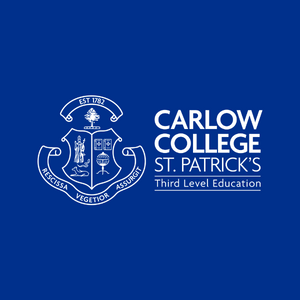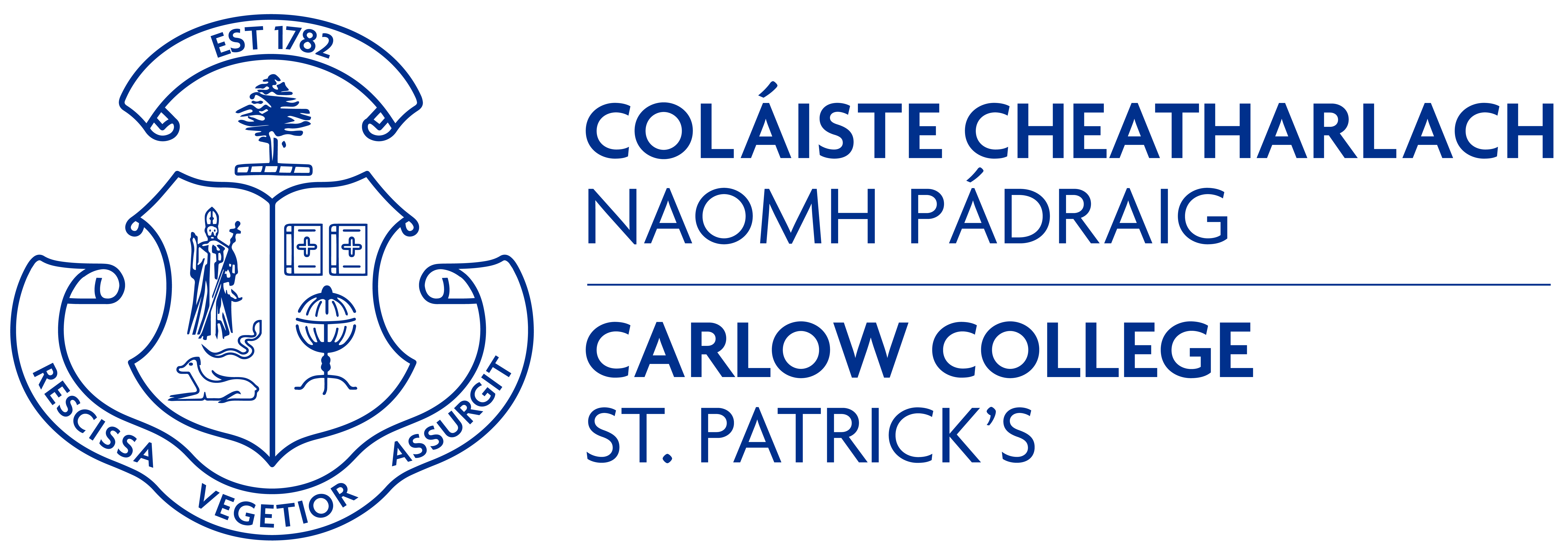M.A. (Leadership in Therapeutic Child & Social Care)
Level
9
Delivery
On-site
Duration
2 years
Tuition Fees
€5,050 per year
Start
Sept 2026
Award
Major
Why Study This Course?
Support
Comprehensive support for personal, professional and academic aspects of learner
Therapeutic Focus
Strong focus on the therapeutic community model of practice and its application in different agencies and settings
Career Opportunities
Enhanced career opportunities into positions such as Service Directors, Team Leaders and academic opportunities
The M.A. (Leadership in Therapeutic Child and Social Care), validated by Quality & Qualifications Ireland (QQI), is based on our well-established MATCC programme which has been running in the college for over 20 years now. It emphasises the skills and abilities required for leading therapeutic care in practice.
What is so unique about this programme?
Compared to most Irish taught masters in Social Care, we believe that the personal development element of our course is as important as the professional and academic elements. While the course is not a training in psychotherapy, it is more comparable to such a training than to other taught Masters. For example, the course day begins with a personal check-in, has an experiential group at its centre and closes with a check-out.
Who is this programme for?
Qualified practitioners in Social Care, Psychology, Education, Community Workers, Youth Workers and Counsellors who wish to work therapeutically and at a deeper level. They may be leading or intending to lead and want to make a difference. And they may already suspect that ‘home is where we start from’.
Where can you expect to go?
Graduates of this programme typically move onto assume positions of responsibility in their workplaces. It prepares graduates for leading a process of change towards a more therapeutic and progressive quality of practice in social care and other person-centred professions. Graduates also engage in consultancy work and lecture in third level institutes.,
The course is taught over two years, one day a week (Thursday), and has a maximum class group size of 16 students. This programme has a core aim to enhance the learners’ knowledge and skills in the use of a variety of therapeutic approaches to the treatment of children and adults who have suffered emotional and psychological hurts. It emphasises a psychodynamic understanding of human development and of the therapeutic alliance. This psychodynamic approach looks beyond presenting behaviour to what the behaviour means and is trying to communicate. Establishing a therapeutic alliance will enable the person to reflect on their inner world, have helpful insights and perhaps then change the problematic behaviour. As social care is mostly conducted in groups and with groups, the course promotes the use of a therapeutic community approach where this is appropriate.
View a typical class schedule here
Year 1
- Advanced Therapeutic Child and Social Care 1: Therapeutic Work in Context
- Philosophy and Ethics of Therapeutic Child and Social Care
- Observing and Understanding Organisational Life (incl. Visit of Observation)
- Experiential Group 1: Leading Self
Year 2
- Advanced Therapeutic Child and Social Care 2: Therapeutic Communication
- Leadership and Management in Therapeutic Child and Social Care
- Experiential Group 2: Leading Self and Others
- Research Methods and Dissertation
Work Placements
Visit of Observation
Students have the unique opportunity to be a participant observer for 5 days at a work setting of their choice. This allows learners to see and experience how the work setting of their choice works and operates. Students’ choice may be informed by their professional interest or the focus of their dissertation. The Visit is undertaken during the summer break between Year 1 and Year 2.
Residential Community Experience
During the course, learners will twice have an opportunity, away from the campus, to experience living together as a community. This experience deepens the learning process and has been a huge contribution to the success of the students on the course.
Graduates of the programme move to take on positions of practice responsibility within the organisations in which they work and beyond. This Masters level course prepares graduates for leading a process of change towards a more therapeutic and progressive quality of practice in Social Care and other person-centred professions. Graduates take up leadership roles within their own work places, contribute to the development of their profession, engage in consultancy work to support professional teams.
At least six of our graduates currently lecture in other higher third level institutes. Four of our graduates have also taught on this course.
Joanne O’Toole, | Residential Care Worker
What do you like most about the MA (Leadership in Therapeutic Child & Social Care)?
The therapeutic community approach and the blending of professional, personal and academic learning and development opportunity.
Why would you recommend this course to others?
A high quality experience – especially within the MALTCSC programme. The course leaders are exceptional and provide deep knowledge of theory to practice
Entry Requirements
- Hold a primary degree (Honours Bachelor) in Applied Social Studies or equivalent*
- Be registered or eligible to register as a professional Social Care Worker**
- Be in employment in a human services agency as a manager, team leader or front-line practitioner
- Satisfactory pass at interview.
*Applicants who do not satisfy the academic criteria may be accepted onto the course if the Course Selection Board is satisfied that they have the ability to complete the course and are well placed to make good use of it.
**Applications are welcome from those professionally qualified in a discipline other than social care who have at least two years’ professional practice experience. Please note, this programme is not a professional award for registration as a Social Care Worker.
Applicant’s must be resident in Ireland.
Please Note: As all postgraduate programmes are offered on a part-time basis, they are not approved programmes on the Interim List of Eligible Programmes (ILEP). If you require a visa to study in Ireland, you are not eligible to apply for postgraduate study with Carlow College, St. Patrick’s. For the list of eligible full-time programmes in Ireland, visit the Department of Justice website.
How to Apply
Applications are currently closed. The next intake for this course are in September 2026.
To find out more and receive updates, please register your interest here
Fees
Tuition fees: €5,050 per year
Protection of Enrolled Learning (PEL): €305
Full details on fees is available here

